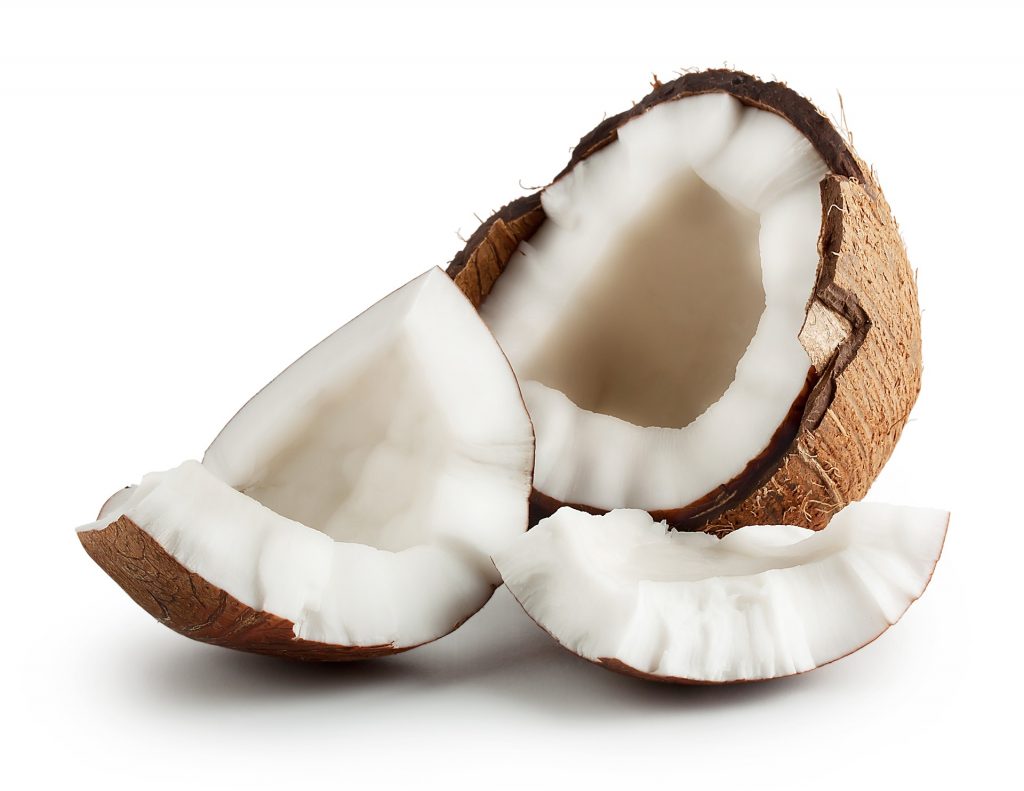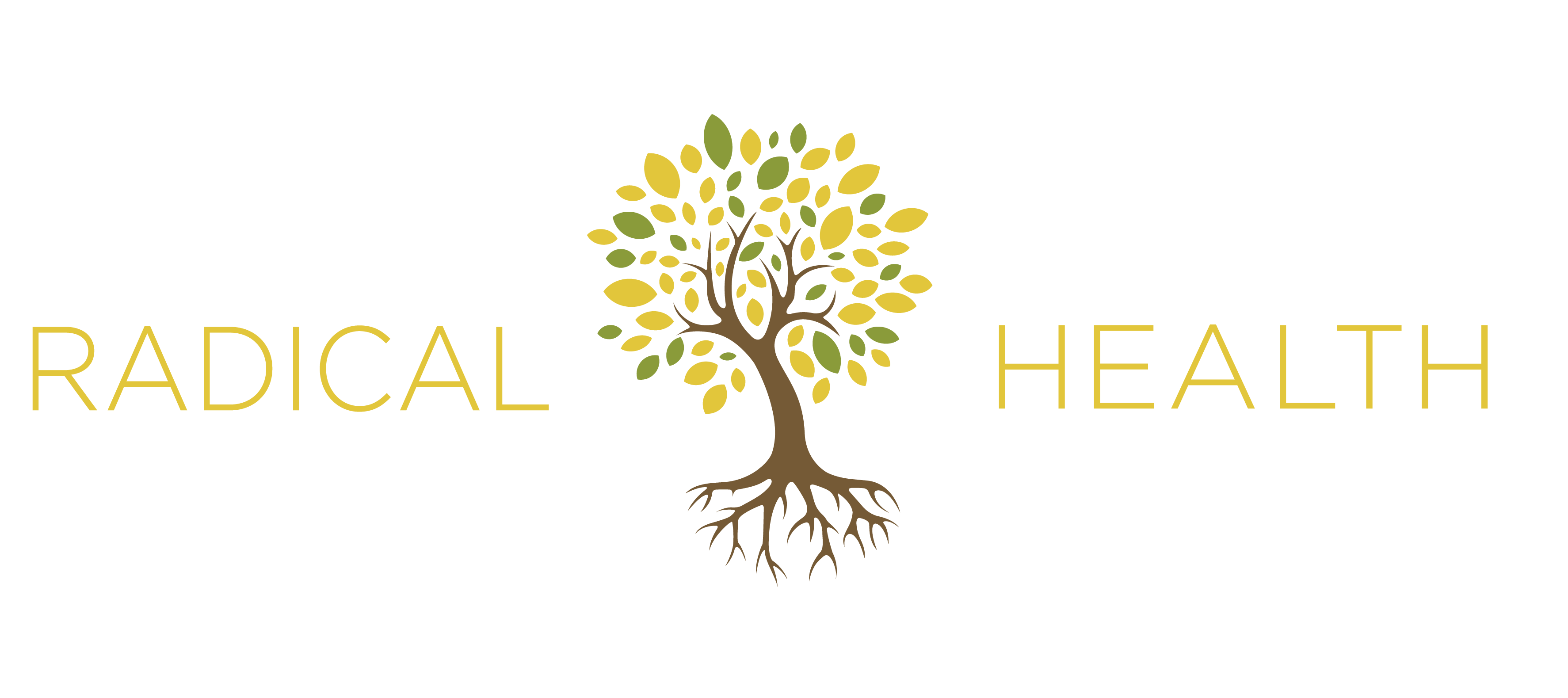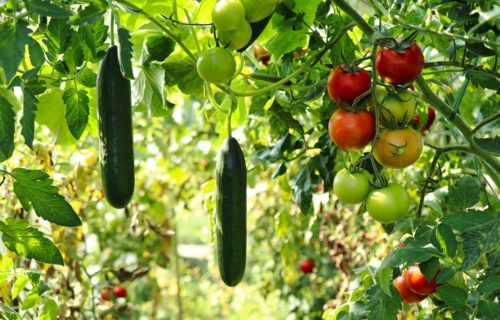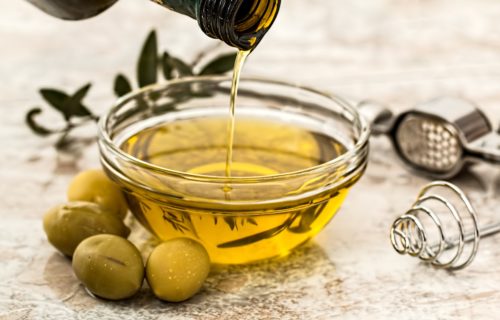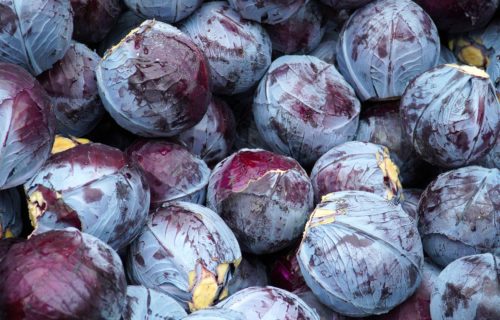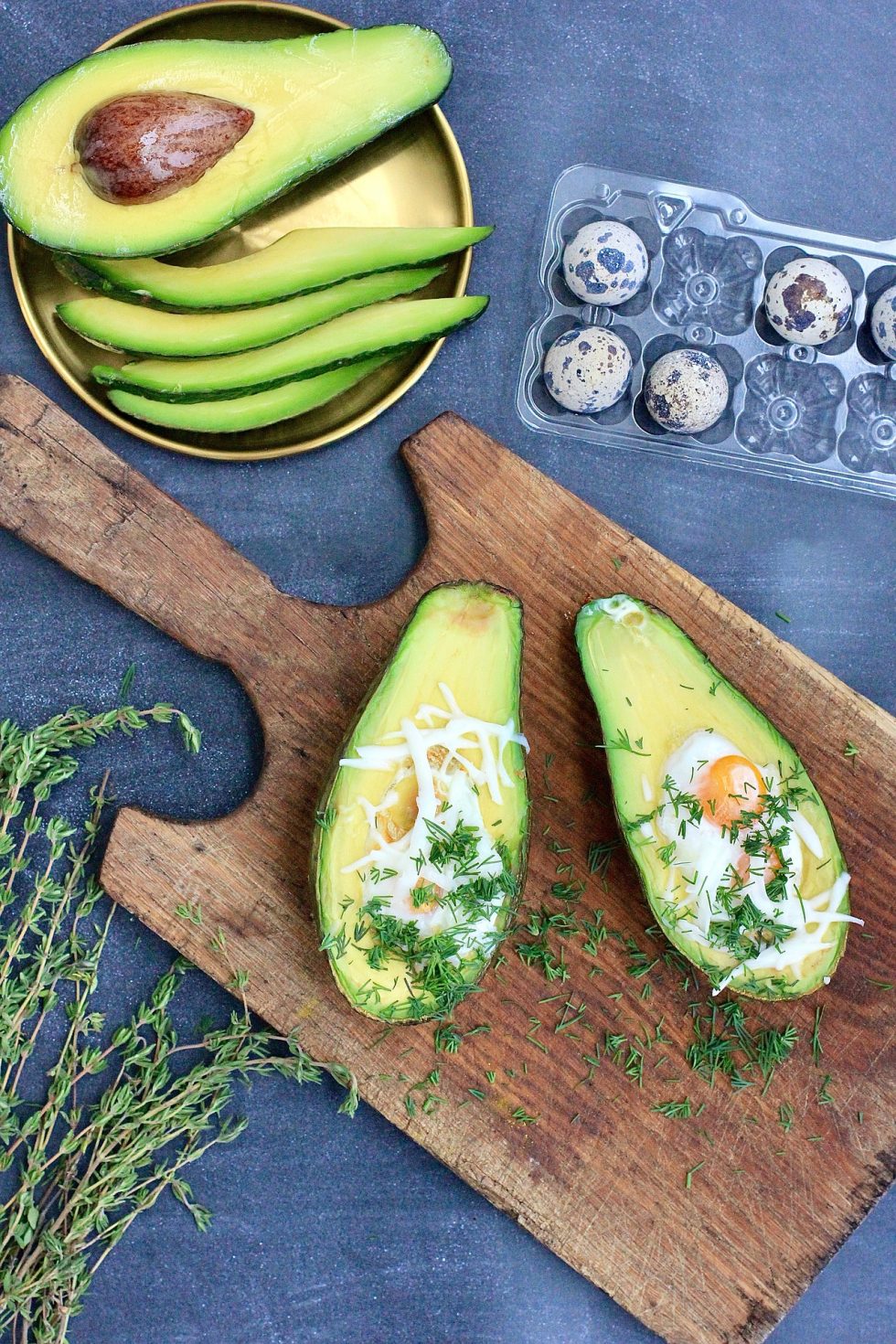
Why Keto is Not a Good Long-Term Diet
Fat is definitely one of the most misunderstood nutrients. It is essential for many functions in the body including maintaining cell membranes, regulating certain hormones, and transporting a few vitamins and minerals.
The ketogenic diet has taken the world by storm. Known as “keto” for short, the goal of this high-fat, low-carb diet is to get your body into ketosis. Ketosis is a physiological state in which your body stops burning carbohydrates – which break down into glucose – and starts using an alternative energy source called ketones which form from fat stores. Many people report rapid weight loss, better energy, and improved focus. However, there are few studies demonstrating long-term benefits of the diet.
My Experience on Keto
At first, I went through the usual adjustments as my body kicked into ketosis: increased thirst, peeing a tonne, funny taste in my mouth, and muscles tiring quickly. This latter was very noticeable. Muscles are used to burning glycogen (stored glucose) for energy. When there is none, they have to use ketones instead. It takes a while for them to adjust.
When doing the keto diet in the past I experienced fewer bowel movements, but not this time! Lol. Maybe because I really focused on eating loads of veggies. I made sure to have dark greens, something in the brassica family, and a few berries every day.
And…what everyone probably wants to hear about…weight loss. I lost about 7 lbs in 24 days. Yup, that’s a lot, especially on someone with not a lot of weight to lose!
Keep in mind, I had put that on around Christmas – I was mainly just getting back to my normal weight. Plus, I got back into my fairly intense exercise routine and I did a fair bit of intermittent fasting.
So was the weight loss from keto? I think a bit, but it would not have been so rapid without other efforts.
While I have had success on keto in terms of weight loss, I don’t recommend staying on the keto diet in the long term due to a variety of concerns.
Lack of Prebiotic Fibre
With the ketogenic diet, you aim to have under anywhere from 20-50 g of carbohydrates per day. For comparison, the average person consumes 265 grams per day. As a result, carb-rich foods – quinoa, rice, lentils, beans, starchy vegetables, and almost all fruit – are out. You may be able to sneak a small amount of these things in, but they can very quickly blow your carb limit.
Many of these carb-rich foods are incredibly rich sources of prebiotic fibres including fructo‐oligosaccharides, inulin, and resistant starch. Prebiotic fibres are types of insoluble fibre that feed your good gut bacteria, keeping residential populations healthy and the bad bacteria at bay.
When you aren’t consuming these prebiotics, many of the good bacteria are not being fed. As a result, their numbers will diminish overtime and bad bacteria will proliferate.
Getting enough prebiotics on a ketogenic diet
- Eat a small amount of carby, prebiotic rich foods. Just make sure you are under your carb limit. Some great ones include: lentils, beans, oats, Jerusalem artichokes and bananas.
- Eat plenty of keto-friendly foods that are also prebiotics. Berries, asparagus, dandelion greens, garlic, onion, and leeks are particularly good. Tempeh and tofu also provide a small amount.
- Eat plenty of keto-friendly vegetables in general. Many vegetables haven’t been tested for their prebiotic content, but likely contain them.
- Dairy contains galactose-oligosaccharide, an important prebiotic fibre. If you have trouble with lactose, consider fermented dairy such as kefir, which contains both prebiotics and probiotics.
- Carb-cycle. Even a small amount of carbs occasionally can help maintain those microbes.
- Consider going off the ketogenic diet when consuming anti-biotics. Your microbiome is already taking a hit, so change your diet for a while to give it the support it needs.
- Take a keto-friendly prebiotic supplement as a last resort.
Lack of Vitamins and Minerals
Since many fruits and vegetables are high in carbohydrates, you will likely consume fewer of these and therefore consume fewer vitamins and minerals in general. B vitamins, magnesium, and zinc are some nutrients of particular concern.
Getting enough vitamins and minerals while on keto:
- Try using a nutrient tracker like Chronometer to see what nutrients you might be deficient in.
- Eat as many fruits and vegetables as possible while staying under your carb limit.
- Be sure to eat leafy greens at least once day.
- Include a small amount of dark berries.
- Add a small amount of easily disguised vegetables like romaine lettuce, cauliflower, or zucchini to smoothies.
- Consume a low-carb veggie soup daily.
- Take a supplement that contains the nutrients you are lacking.
You Consume More Toxins
Unless all your fats are organic all the time, you are consuming more toxins than you would on other diets. Certain types of toxins (organochlorine pesticides, dioxins, and other lipophilic compounds) bioaccumulate in fat, especially animal fat. The more fat you eat, the more toxins you consume.
Unfortunately, organic products are not totally excluded from toxic exposure. Some toxins such as dioxins produced from burning medical waste, travel through the air and are deposited on the grass fields that animals graze on.
How to reduce toxic exposure in the ketogenic diet:
- Always choose organic for animal products. If you are on a budget, organic animal products should be priority. These contain significantly fewer toxins.
- Consider a vegetarian or vegan version of the keto diet. There are many, tasty veg-friendly keto diet plans out there. Check them out.
- Make sure you are eating loads of foods that support your liver’s natural detoxification process including dark berries, cabbage, kale, broccoli, and cauliflower (not a problem on the keto diet!).
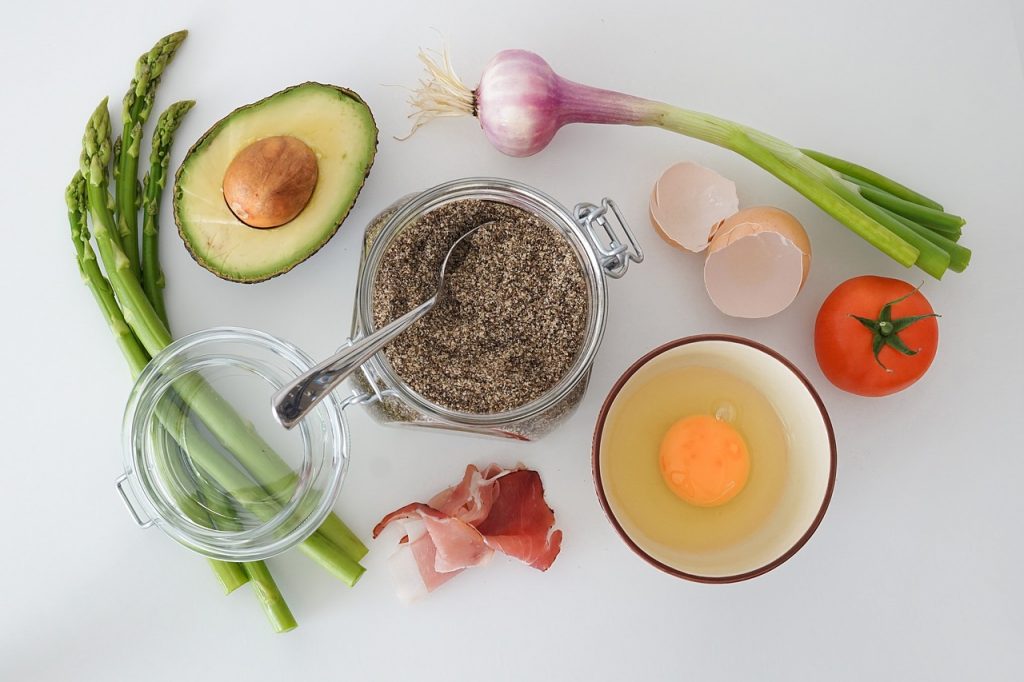
Dietary Fat Quality Matters
Less-health conscious people trying the ketogenic diet may not be differentiating between healthy fats and unhealthy fats. Different fats have different impacts on the body. Polyunsaturated fats, mono-saturated fats, and omega-3 fatty acids are considered healthier for the cardiovascular system and metabolism, although all fats have their place. What is important, especially while on keto, is to ensure that most of your fat is from quality sources.
Better quality fats (ideally organic):
- Avocados
- Coconut oil
- Extra Virgin Olive Oil
- Nuts and seeds
- Whole eggs
- Full-fat yogurt and milk kefir
- Cold-water fish such as herring, mackerel and Pacific salmon
Keto can be Expensive
In my short foray into the keto diet, I was spending about $100 per week on groceries, which is above my normal. Keep in mind I buy mainly organic. Most of this cost came from the added organic dairy and eggs, but also organic oils, coconut milk, and keto ingredients like erythritol and almond flour.
Money saving tips for keto:
- If you keto in summer, you’ll save on the cost of veggies by shopping local and buying things in season.
- If you plan to be on keto for a while, purchase larger containers of organic oils and specialty items.
- Avoid depending on too many specialty, pre-packaged keto foods like pre-made cauliflower crusts.
It's Hard to Eat Out
Keto meals are becoming more available, but you really have to maneuver the menu and substitute. It is also hard to know the carb level in things like salad dressings and soups.
A few tips for eating out on keto:
- Check the menu ahead of time. Many places are not keto friendly.
- Figure out common substitutes for carbs, i.e. olive oil and vinegar for salad dressing
- Choose drinks with care. Alcohol is pretty much out. Water, sparkling water, tea, or coffee are your main drinks.
- Eat a bit before so you can feel full if salad is your only option.
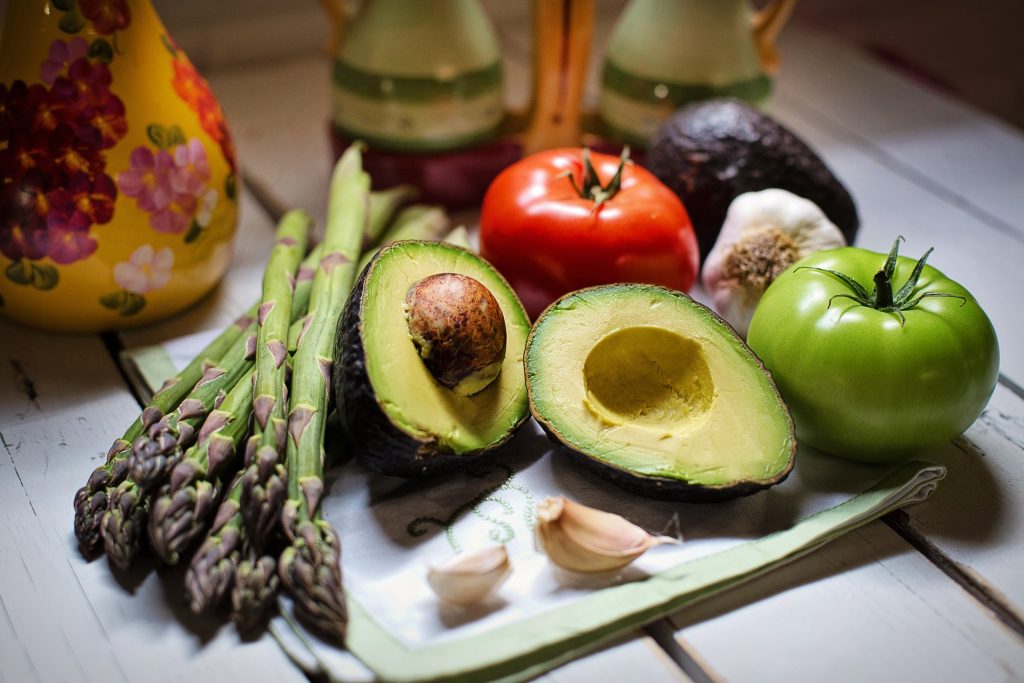
Your Weight Loss is More Likely from Reduced Calorie Intake
There are a lot of benefits to losing the weight and in the short-term a keto diet can definitely help with that. The keto diet works for so many people largely because you have to count carbs so you immediately become more conscious about what you are eating. For many, it is the first time they are paying attention to the food they eat AND they are taking out sugary foods. Of course people lose weight!
Cutting carbs and sugar intake definitely can have other health benefits as well including increased levels of good cholesterol and more balanced blood sugar But you can accomplish these same goals by simply switching to more wholesome carbs, reducing your serving size of carbs, and eating a diversity of carbs (rather than just bread and rice).
Last, but not least
I would like to end by saying that the downsides of the ketogenic diet does not automatically dismiss the potential benefits. It simply means that this diet has its limitations and might not be for everyone all the time, under every condition. It is important for people who want to try keto to work with a qualified health practitioner who can help navigate this path.
There is not a lot of solid research about the ketogenic diet yet, but it is coming. In the meantime, if you are going to follow a ketogenic diet, remember to take the tips above into consideration and above all else – eat your veggies!
